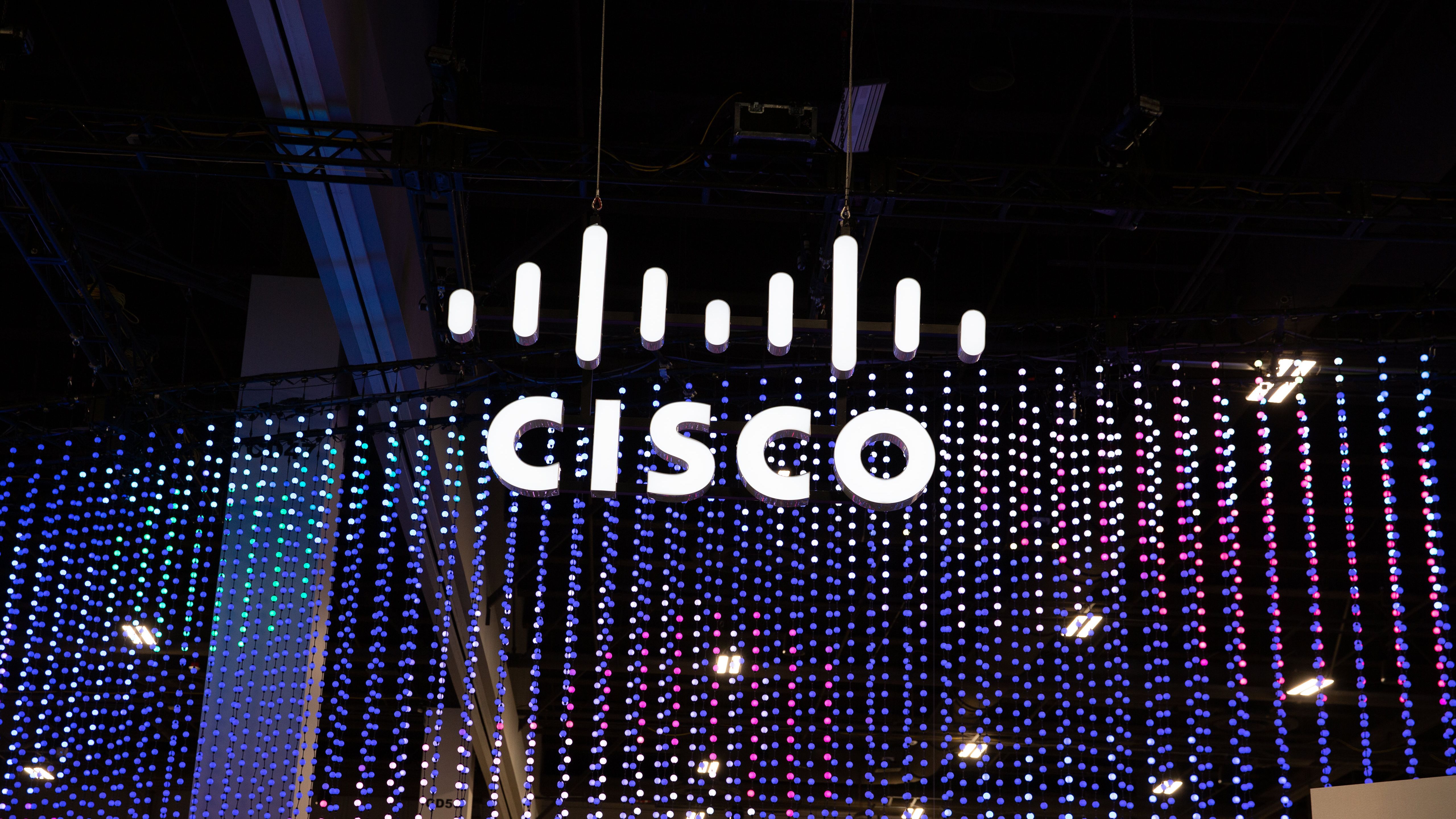HP to attack datacentre market with ARM
ARM chips will be used in HP's new Redstone Server Development Platform.


HP announced plans to stuff ARM-designed chips into its servers, as it looks to create super energy-efficient datacentres for cloud providers and large enterprises.
It marks a significant moment for ARM, which has done little to challenge the dominance of the x86 architecture used in the majority of servers today.
It also forms part of Project Moonshot a multi-year HP initiative designed to support those moving to "hyperscale environments."
HP Redstone is designed for testing and proof of concept. It incorporates more than 2,800 servers in a single rack.
HP is essentially looking to help companies truly consolidate their data centres, thereby making them more eco-friendly and efficient.
The company introduced the HP Redstone Server Development Platform, which will feature Calxeda's EnergyCore ARM Cortex processors. The system-on-a-chip processors should help companies basing deployments on the Redstone platform use 94 per cent less space in their data centres, HP said.
ARM launched its energy-efficient Cortex-A7 MPCore chip design last month with much fanfare around their power consumption capabilities. The British chip developer claimed its new processor design was five times more energy efficient than its predecessor, while also delivering significantly greater performance.
Sign up today and you will receive a free copy of our Future Focus 2025 report - the leading guidance on AI, cybersecurity and other IT challenges as per 700+ senior executives
ARM won't be the only Redstone partner, however. HP confirmed future Redstone server deployments would come packed with chips from Intel and "others."
"HP Redstone is designed for testing and proof of concept. It incorporates more than 2,800 servers in a single rack, reducing cabling, switching and the need for peripheral devices, and delivering a 97 per cent reduction in complexity," HP said.
Select customers will be able to get their hands on Redstone offerings from the first half of next year.
To supplement the Redstone platform, the US tech giant launched the HP Discovery Lab. This services offering will let customers test out Redstone deployments before making any purchase. The first lab will open in Houston in January, with European facilities expected soon.
"The volume of data processed in financial markets has increased exponentially, and traditional scale-up or scale-out architectures are struggling to keep up with demand without vastly increasing cost and power usage," said Niall Dalton, director of high-frequency trading at Cantor Fitzgerald, a company looking into the Redstone technology.
"HP is taking a holistic approach to solving this problem and working to bring unprecedented energy and cost savings for tomorrow's large-scale, data-intensive applications."
Tom Brewster is currently an associate editor at Forbes and an award-winning journalist who covers cyber security, surveillance, and privacy. Starting his career at ITPro as a staff writer and working up to a senior staff writer role, Tom has been covering the tech industry for more than ten years and is considered one of the leading journalists in his specialism.
He is a proud alum of the University of Sheffield where he secured an undergraduate degree in English Literature before undertaking a certification from General Assembly in web development.
-
 Redefining resilience: Why MSP security must evolve to stay ahead
Redefining resilience: Why MSP security must evolve to stay aheadIndustry Insights Basic endpoint protection is no more, but that leads to many opportunities for MSPs...
-
 Microsoft unveils Maia 200 accelerator, claiming better performance per dollar than Amazon and Google
Microsoft unveils Maia 200 accelerator, claiming better performance per dollar than Amazon and GoogleNews The launch of Microsoft’s second-generation silicon solidifies its mission to scale AI workloads and directly control more of its infrastructure
-
 Architecting enterprise networks for the next decade
Architecting enterprise networks for the next decadeWhitepaper A new paradigm in network architecture
-
 UK government eyes £160 million satellite fund to boost 5G and broadband
UK government eyes £160 million satellite fund to boost 5G and broadbandNews Low Earth orbit satellites could be crucial for worldwide communications stability
-
 Why the likes of Shopify are bringing web designers to an end
Why the likes of Shopify are bringing web designers to an endOpinion Modern tools like Shopify are letting small businesses create viable sites for a fraction of the price it might have once cost
-
 Making the switch
Making the switchWhitepaper Realise the benefits of IP technology ahead of the digital ‘switch-on’
-
 Cisco unveils new ‘intelligent’ approach to networking with brace of product launches
Cisco unveils new ‘intelligent’ approach to networking with brace of product launchesNews Cloud Management for Cisco Catalyst and Cisco Nexus both aim to bring deeper insights and ease the burden of IT teams
-
 Modernise your server infrastructure for speed and security
Modernise your server infrastructure for speed and securityWhitepaper Infrastructure lifecycle automation paves the way for an adaptive, resilient organisation
-
 The best deals on web hosting this Black Friday
The best deals on web hosting this Black FridayNews From GoDaddy, to Bluehost - we've got the roundup of the best discounts on web hosting your business needs
-
 Arm launches cloud-based IoT platform
Arm launches cloud-based IoT platformNews The company is hoping to reduce the time it takes developers to get their products to market and lower the costs involved
